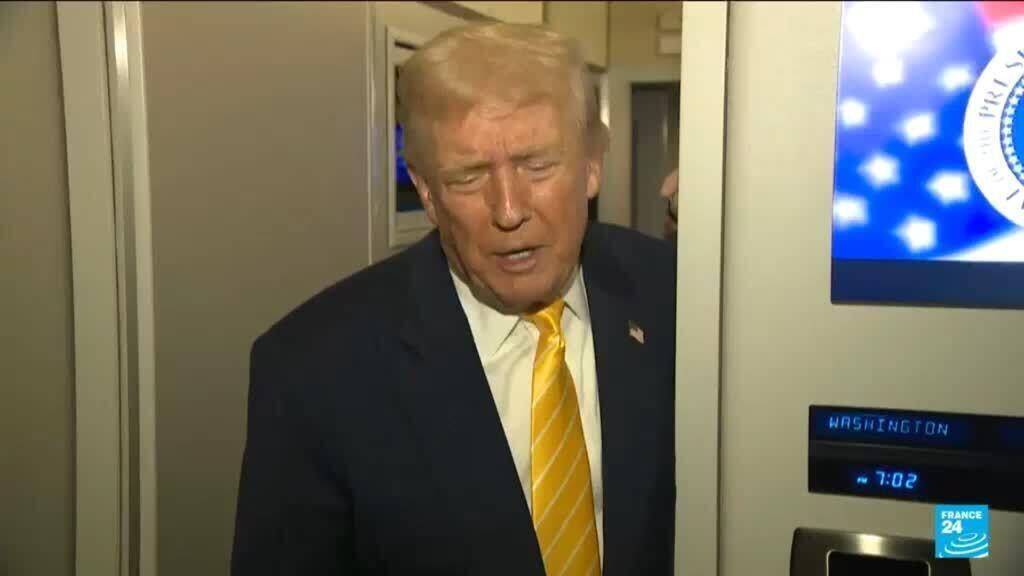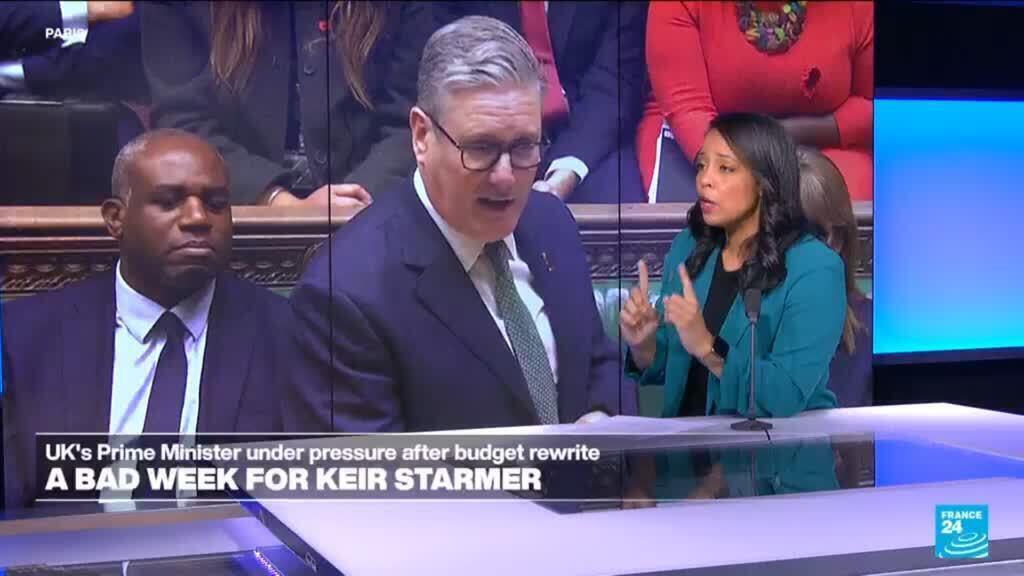Trump Threatens Legal Action Against BBC Over Edited Video
U.S. President Donald Trump announced on Friday that he is considering a lawsuit against the British Broadcasting Corporation (BBC) for an amount that could reach $5 billion. This decision comes after the BBC acknowledged it had improperly edited a video of a speech delivered by Trump. The controversy surrounding the video has sparked debates about media integrity and the responsibilities of news organizations.
The remarks from Trump were made during a press conference where he expressed his indignation over the BBC's handling of the video. He indicated that he felt the editing misrepresented the context and content of his speech, leading to a distorted public perception. This was not the first instance in which Trump has criticized media organizations for their portrayals of him; however, his threat to sue the BBC highlights the increasing tension between politicians and media outlets over how information is presented to the public.
In defense of its actions, the BBC stated that the edits were unintentional and that there was no malice behind the decision. The broadcaster emphasized that it adheres to strict editorial guidelines and regrets any misunderstanding that may have arisen from the edited version of the video. Despite these clarifications, Trump remains firm in his stance, asserting that the modified footage could have serious implications for his public image and political standing.
Legal experts have pointed out that Trump's claim may face significant challenges in court. They argue that, under U.S. law, especially regarding public figures, proving defamation or false representation can be quite difficult. The concept of “actual malice,” which requires showing that the accused knowingly published false information or acted with reckless disregard for the truth, is a high bar for any lawsuit against a media organization. Additionally, the legal ramifications for such a claim can vary significantly between the U.S. and the U.K., where libel laws tend to be more favorable to plaintiffs.
Political analysts are closely observing the situation as it unfolds, especially considering the ramifications it may have on Trump's support base and his ongoing campaign activities. Many believe that any legal action against the BBC could further galvanize his supporters, who often view mainstream media as biased against him. Furthermore, this incident could set a precedent for how future interactions between politicians and the media are conducted, particularly regarding the authenticity and accuracy of televised content.
As Trump prepares for potential legal action, the broader implications regarding media accountability and the treatment of public figures in news coverage are also coming to the forefront. The conflict paints a picture of the contemporary media landscape, where accusations of bias and misinformation are increasingly common. Observers are left to wonder how this will affect not only Trump's reputation but also the BBC’s standing as a reputable news organization known for its commitment to integrity and impartiality.
In summary, the confrontation between Donald Trump and the BBC over the edited video raises significant questions about the relationship between media and politics. As the situation develops, it will be critical to watch how both sides respond and what consequences might emerge from this high-profile dispute.












